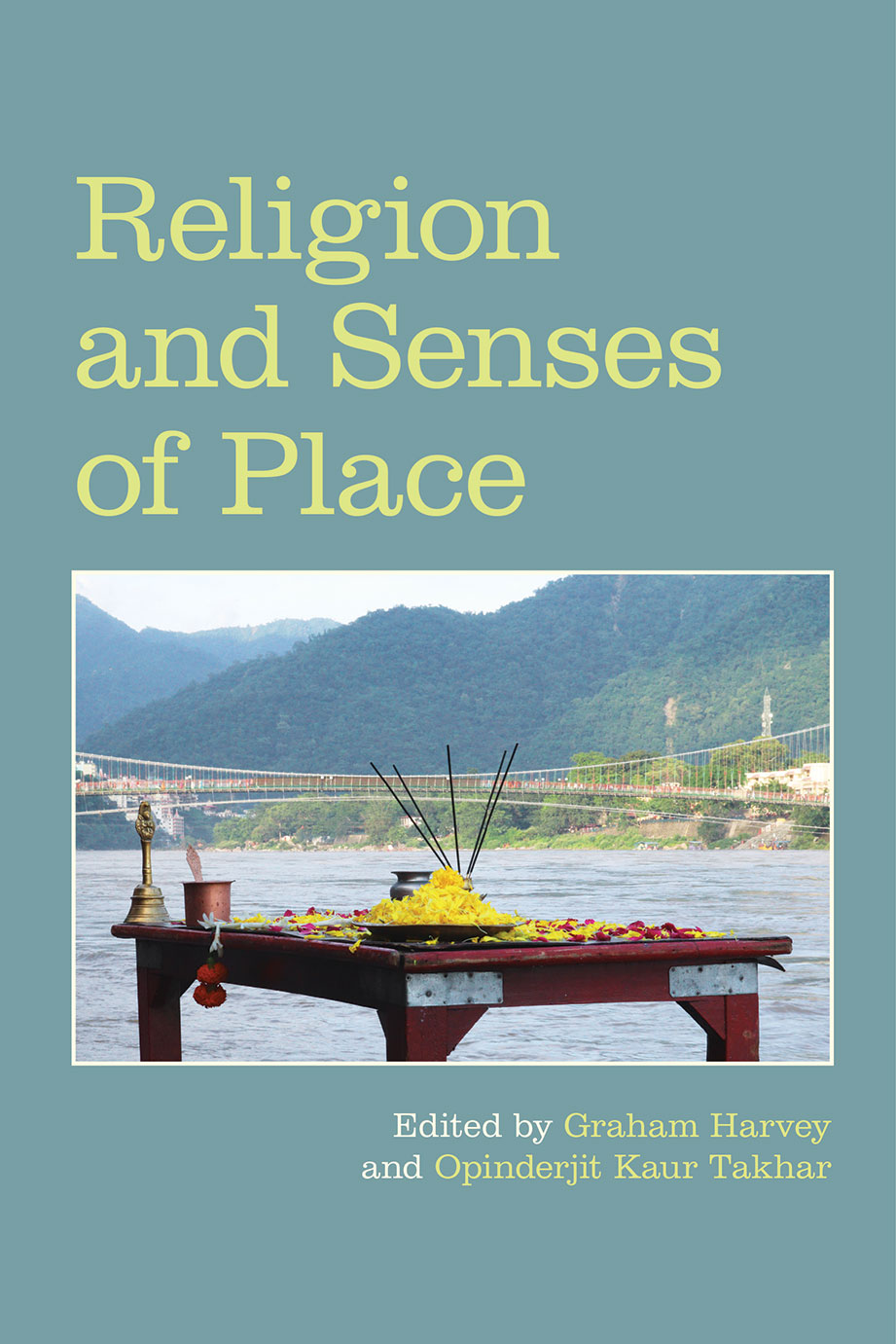The Spirit of Place: Encounters with the Bauls and Fakirs of West Bengal
Religion and Senses of Place - Graham Harvey
Denise Doyle [+]
University of Wolverhampton
Tara Baoth Mooney [+]
Independent Artist, Musician and Design Consultant
Description
The rich history and sheer diversity of folk art practices in South Asia is repeated across the many states of India, already well known for its intense saturation of the senses. In particular the state of West Bengal, the onetime seat of British India and the birthplace of Rabindranath Tagore, is host to an array of intangible folk art practices. These practices are often specific to particular regions or even small clusters of villages. In Spring 2011 a group of artists, musicians and dancers from Europe and West Bengal were invited to participate in a ten-day cultural exchange workshop in Kolkata, India. Through this experience both authors became interested in the ‘Bauls and Fakirs of West Bengal’. Tagore is a well-known figure who was himself inspired by the Baul and Fakirs spiritual songs and practices. During a two-day trip to a Fakir village on the Bangladeshi border, where the group sang and played with a number of Baul and Fakir men, we were also introduced to an extraordinary female Baul, Shubadra Sharma, who played the harmonium and ektara (one stringed instrument which is plucked) and sang of God as ‘Manush who never changes, God as deep love’. In this chapter we propose to reconsider our experience of place through those encounters a number of years ago that still hold clear in our memory. Evenings spent at the Fakir village on the border of Bangladesh are remembered through those encounters as ‘lived experience’ and the spirit of that particular place through to the extraordinary meeting with Shubadra Sharma. We will argue that, ‘place’ in fact can be carried within us and, is not always or necessarily a physical place at all. Lived experience sits in tandem with place, easily connecting us with our past, while sitting in the present and informing our future.






